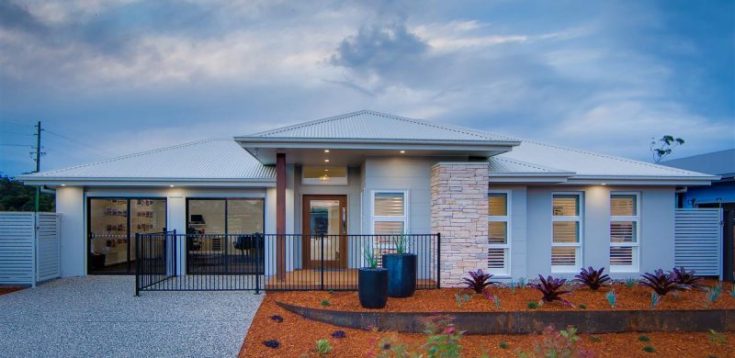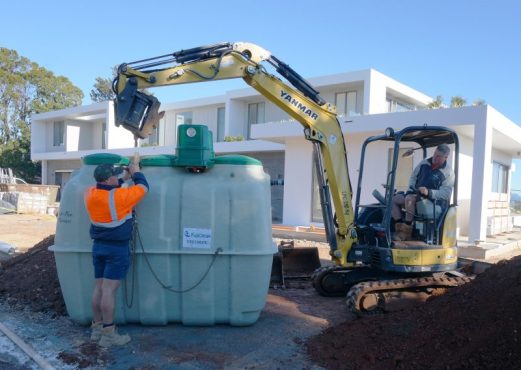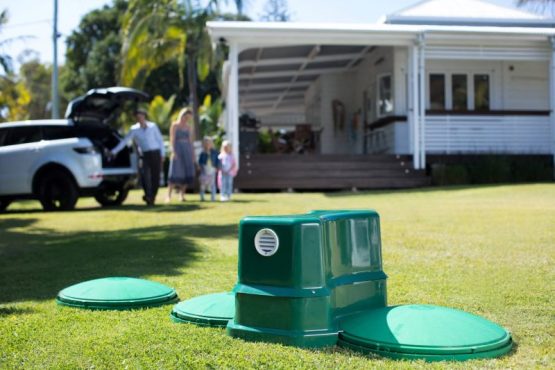Household Sewage News
October 29, 2021
New national regulations for the home sewage treatment industry
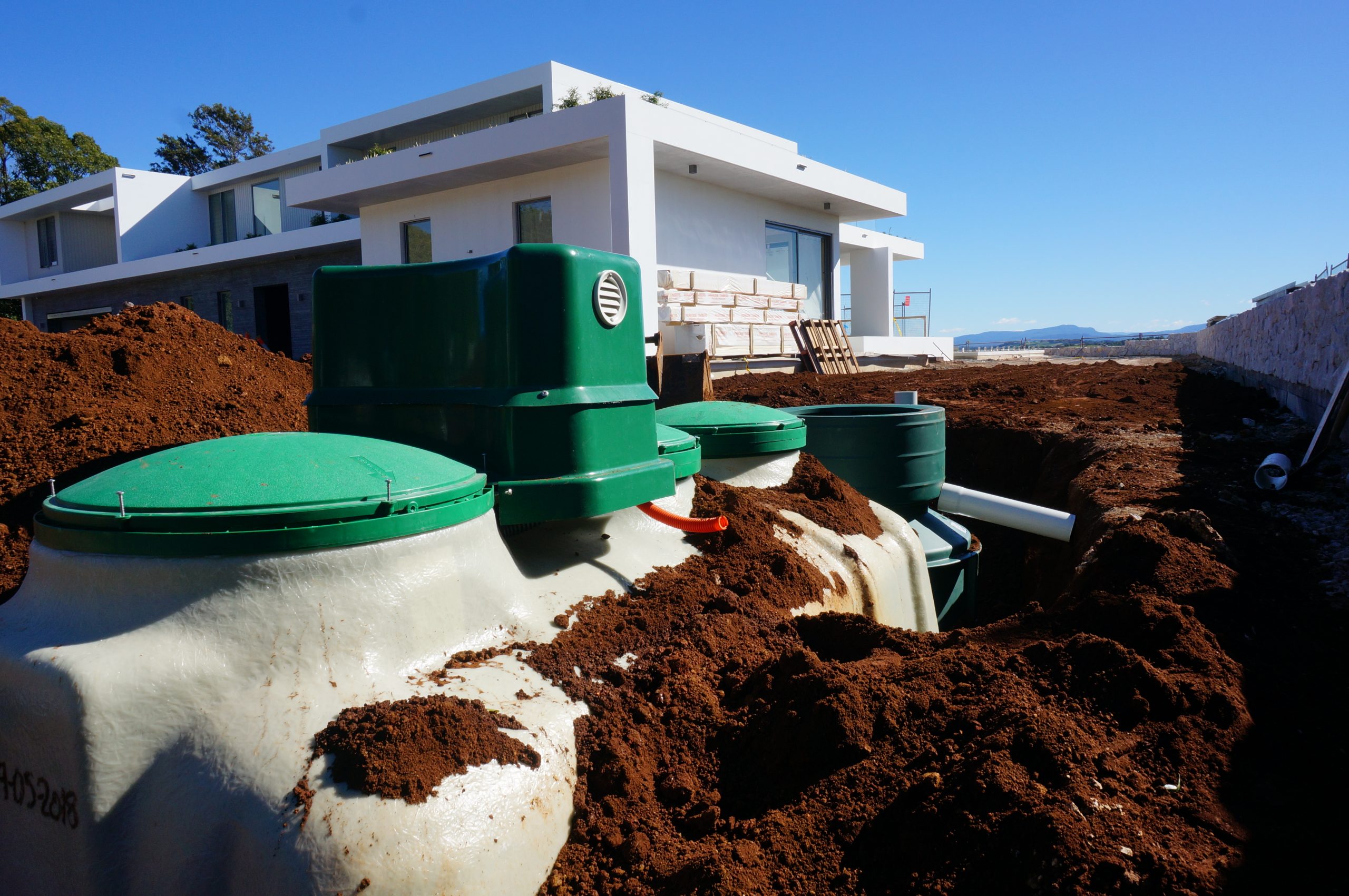
New national regulations have seen a shake-up in the home sewage treatment industry.
The domestic wastewater industry is going through a period of change. The government published a new Australian Standard for advanced sewage system in 2017. It is the AS1545.3:2017 certification. This has now replaced the previous Standard AS1546.3:2008. Australian Standards are living documents that reflect progress in science, technology and systems.
Onsite secondary sewage systems need to be accredited by the state government before they can be installed. Firstly, they must meet or surpass the new Standard. Moreover, many of the existing accreditations are about to expire and systems will need to pass the new regulations.
What is an Accreditation?
A system gains accreditation through testing at an authorized facility. Systems are installed at the site and tested for a minimum of 34 weeks to see if they meet the Australian Standard. During testing, a system is operated under controlled conditions and tested for performance and reliability.
Once a system has passed the certification testing, the manufacturing seeks accreditation from the State Governments. Each state has a different approval system for accreditation. Local councils can only approve accredited secondary sewage systems for home installation. Accreditation is also peace of mind. The new testing has focused on more consistent treatment, with systems not up to a standard not receiving accreditation. The AS1546.3:2017 regulation is now active meaning that all products sold and installed need the most recent certification.
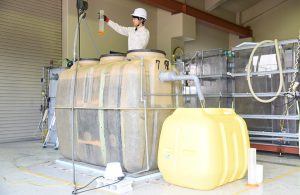
Research and Development to produce a new secondary advanced sewage treatment system that meets the new Australian Standard regulations
Why is it important?
This Standard sets out requirements for the design, commissioning, performance and conformity testing of secondary and advanced secondary treatment system designed to treat domestic wastewater. A consistently high level of treatment is important to ensure social, economical and environmental security for the homeowner.
The Standard now includes all types of secondary treatment systems. It provides testing protocols for all types of advanced treatment systems. Treatment can be by physical, chemical and/or biological processes and technologies. In particular, the treatment typically includes primary settlement, aeration, filtration, clarification and disinfection. The testing regime is more stringent to ensure uniformity and reproducibility in testing. It is also now in alignment with international best practice.
How does this help homeowners?
The purpose of product certification is to provide independent assurance of the claim by the manufacturer that products comply with this Standard. Your local council only approves accredited systems for installation. Firstly, a development application must be sent to the local council. After that, the council will check to see if the system has an accreditation. The council wants to know that they are approving a high quality and dependable system. This is very important on small properties or in sensitive areas.
Guidance on installation, operation and maintenance of the systems is also provided by the Standard.
Certification is provided for home wastewater systems with different treatment outcomes:
- secondary,
- advanced secondary, and
- advanced secondary with nutrient removal.
However, primary or septic systems to not require accreditation. Engaging a wastewater treatment specialist like True Water will help you navigate which type of system best suits your needs.
Delivering home sewage treatment that beats accreditation requirements.
True Water has worked with Fuji Clean for many years to deliver high quality home sewage treatment systems. They have released the new Fuji Clean ACE1200 which gained accreditation as Advanced Secondary Treatment under the new Standard. In fact Fuji Clean Australia was the first manufacturer to submit their systems for testing at the South-East Queensland facility in November 2017.
The new ACE1200 is all about the future. Fuji Clean designs systems to suit the Australian environment and government requirements. Manufacturing is also completed in Australia.
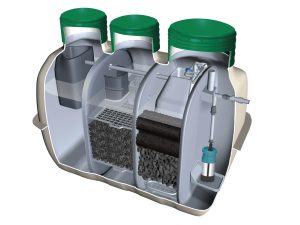
A Fuji Clean ACE1200 Home Sewage Treatment Plant that provides advanced secondary treatment and meets regulations.
Contact our team of home sewage treatment specialist today to make sure your new system meets the current regulations.

